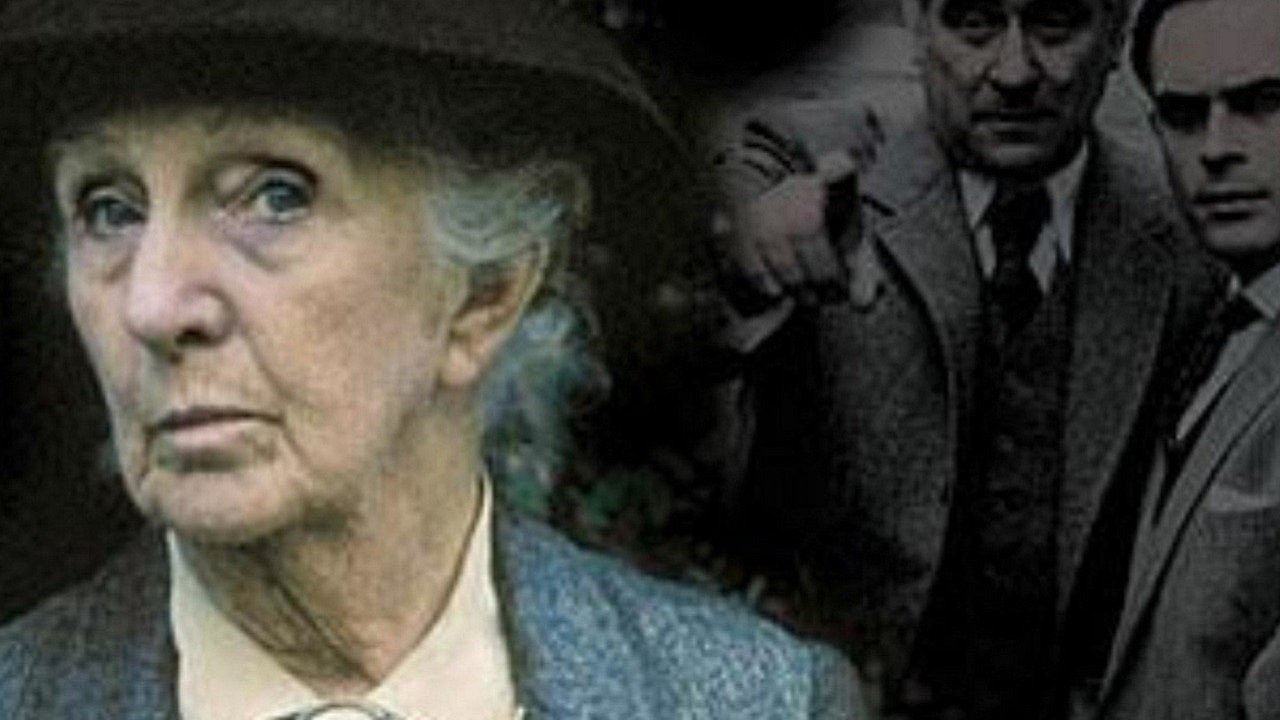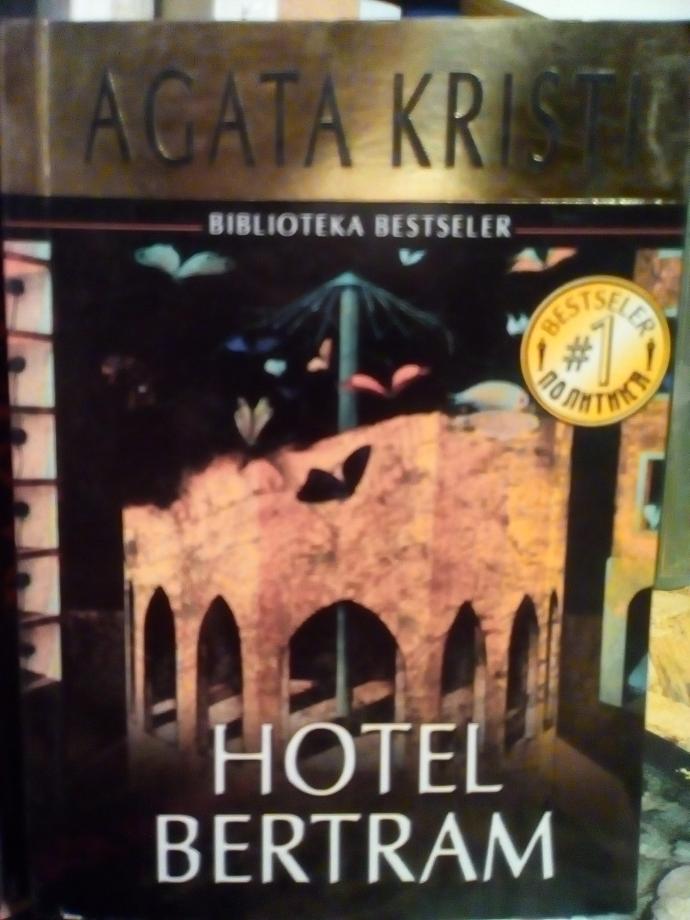
Christie is mulling over what a young woman can get away with by skillfully wielding her attractiveness and (pseudo-) innocence.Īlong with Elvira, the other memorable character is Canon Pennyfather.

Consider the side thread about Elvira stealing jewelry and later returning it, pleading a mistake. The author’s fascination and unease about this new breed of young woman in the 1960s seeps onto the pages. Christie also peppers these traits into Elvira’s friend Bridget, who isn’t quite as good at the game. Elvira Blake instinctively knows how to manipulate the world around her to her own ends. While some of these people are underdeveloped and even unnecessary to the plot, two of them pop off the page. The way each person will play into the mystery is unclear for a long time indeed, the murder doesn’t happen until late in the book. “Bertram’s” starts off slow and unwieldy as we’re introduced to a bevy of characters. As always in her Big Crime novels, her ambition slightly outstrips her execution. The hotel’s trappings are a clue to the crime syndicate’s doings, but I don’t think this comes together as tightly as Christie might’ve hoped for.

She fondly remembers staying at the hotel as a youth, but she’s also vaguely disturbed that it’s stuck in time. Speaking of bygone days, Marple is nostalgic about the titular London hotel, which purposely retains an Edwardian flavor that appeals to older patrons. This is different from the days of “The Tuesday Club Murders” (1932), where Marple is invariably the sharpest person in the room – outwardly modest, but with a twinkle in her eye that tells us she’s aware of her talent. She still observes more than the average person, but Davy could have solved this one without her.

He uses Marple as a helper and sounding board, but Marple herself seems like she’d be fine packing up, going home, and forgetting about the oddities surrounding her in the hotel.Ĭhristie might be saying something about aging Marple has lost her edge.

She even makes a crucial mistake, as discovered by Chief Inspector Fred “Father” Davy. Marple on the sidelinesĮven considering her penchant for solving murders from her armchair, Marple is oddly disengaged and rather cold here. Just as Poirot is barely in that one, Miss Marple is barely in this one. Agatha Christie combines crime syndicates with a murder mystery in “At Bertram’s Hotel” (1965) in a manner similar to her spycraft-murder combo in “The Clocks” from two years earlier.


 0 kommentar(er)
0 kommentar(er)
